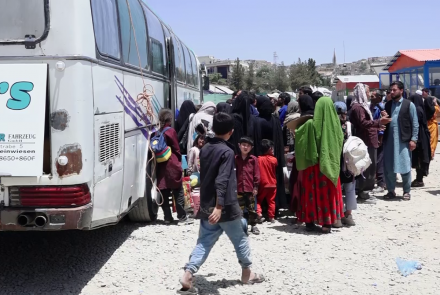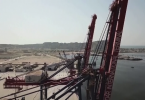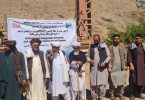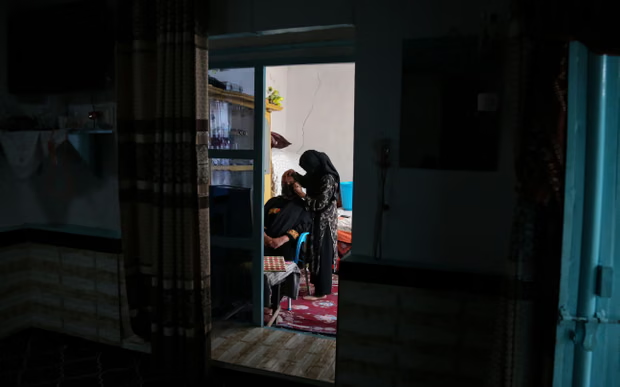KABUL (TOLONews): The Ministry of Economy says that the process of delivering initial assistance to Afghan returnees from neighboring countries has begun.
According to Abdul Rahman Habib, the ministry’s spokesperson, addressing the urgent needs of returnees including shelter, healthcare services, and food distribution is a top priority for the ministry.
Habib stated: “To address the challenges faced by returnees from neighboring countries, a High Commission has been established. Twelve working committees are actively engaged in providing services such as temporary shelter, distribution of food and drinking water, healthcare services, cash assistance, transporting returnees to their respective provinces, and supporting their reintegration into society. All available resources are being utilized for this purpose.”
These efforts are being carried out in cooperation with international organizations, particularly the UN High Commissioner for Refugees (UNHCR).
Meanwhile, the UNHCR has expressed concern over the continued forced deportations of Afghan migrants and announced that essential services — including healthcare — will be provided to returnees inside Afghanistan.
Faramarz Barzin, spokesperson for the UNHCR, stated: “The UNHCR plays a key role in supporting documented returnees, both at border points and in the areas where they resettle. We provide a wide range of services, including cash for urgent needs, medical care, mental health support, mine risk education, and other essential services.”
However, several Afghans recently deported from Iran say they left behind all their possessions and returned home empty-handed.
Shafiqullah, one deportee, said: “The weather is hot, and people, especially women and children are facing many hardships. There must be better support so people can return to their provinces more quickly.”
Abdul Hafiz, another deportee, said: “We suffered a lot in Iran, in places like Zahedan and Bandar Abbas. Here, too, the facilities are limited. For instance, there are no proper restrooms, and women cannot access medical care. Since yesterday, we’ve been paying for transport and I’ve already taken my wife to the doctor two or three times.”
This comes as neighboring countries have, one after another, deported Afghan migrants over the past year, a process with wide-ranging humanitarian and social consequences for returnees.







